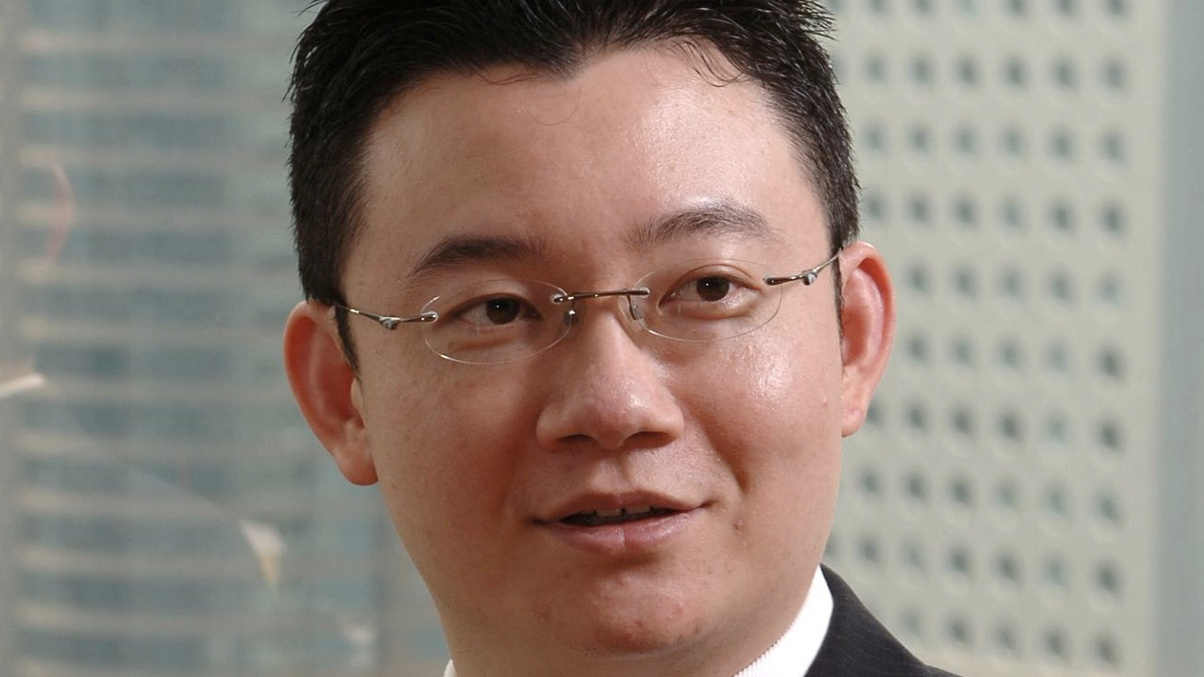QFII, RQFII tax issues swell as schemes expand
Disagreements among Chinese authorities over whether to tax mainland fund houses' Hong Kong subsidiaries are increasingly causing problems, say industry players.

Uncertainty over whether China will charge a 10% capital gains tax on QFII and RQFII funds is becoming an increasingly big issue as these programmes expand. And sources say there’s no indication of when the situation might be clarified.
Sign in to read on!
Registered users get 2 free articles in 30 days.
Subscribers have full unlimited access to AsianInvestor
Not signed up? New users get 2 free articles per month, plus a 7-day unlimited free trial.
¬ Haymarket Media Limited. All rights reserved.


